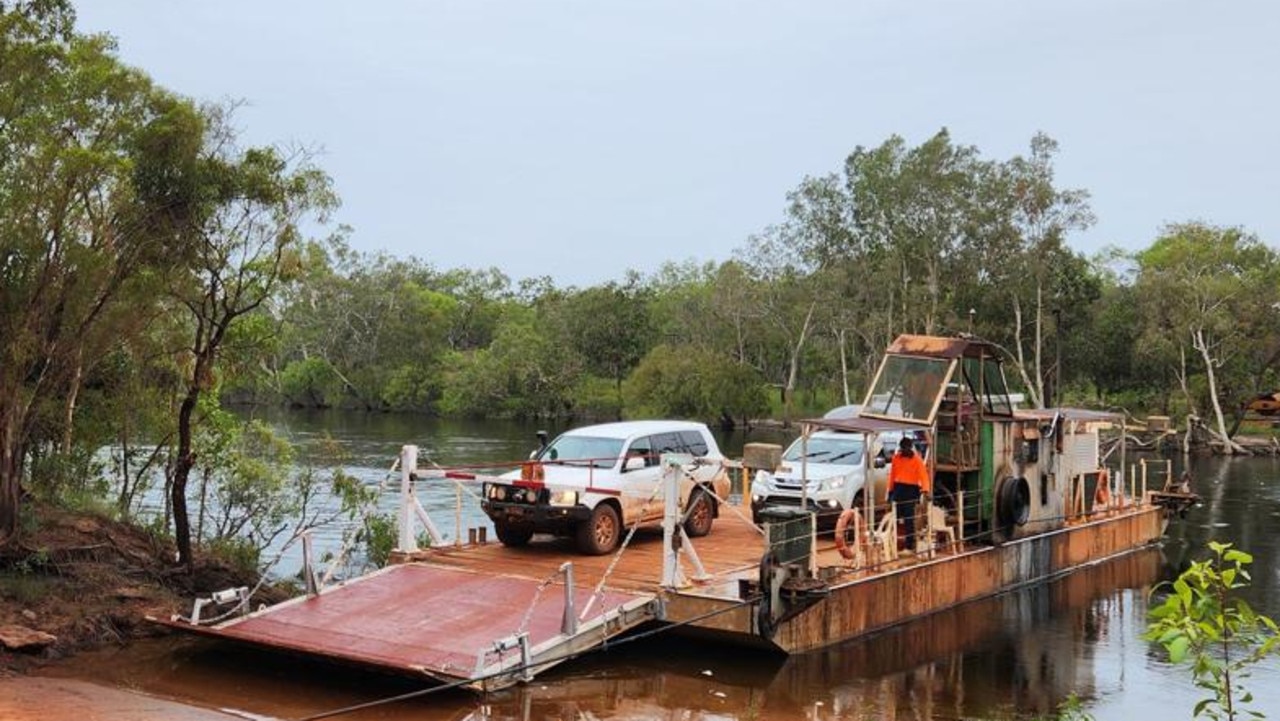‘Cruelty’: Coroner blasts air safety regulator over Lockhart River crash that killed five
A Queensland Coroner has found the nation’s air safety watchdog failed to mandate a “long overdue”, life-saving monitoring device on smaller planes a previous coronial inquest had already recommended because of industry “push back over costs”.
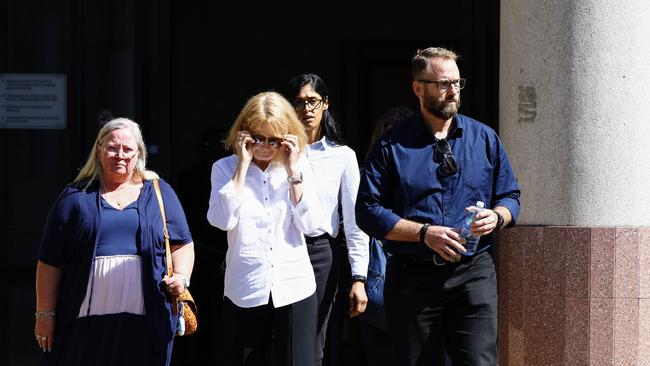
Cairns
Don't miss out on the headlines from Cairns. Followed categories will be added to My News.
A Queensland Coroner has found the nation’s air safety watchdog failed to mandate a “long overdue”, life-saving monitoring device on smaller planes a previous coronial inquest had already recommended because of industry “push back over costs.”
In handing down her findings in Cairns on Wednesday, Northern Coroner Nerida Wilson condemned the Civil Aviation Safety Authority and “industry cost-cutting” for failing to prevent the 2020 Lockhart River crash that killed five men.
Ms Wilson said that the March 11, 2020 crash may have been avoided if CASA had mandated the installation of the Terrain Awareness and Warning System - a system that provides flight crew with visual and sound warnings if approaching potentially hazardous terrain - in smaller aircraft.
She said TAWS was “readily available,” “commercially viable,” “easily installed,” and “essential” - but that “industry pushback primarily because of cost” stopped CASA from mandating its implementation.
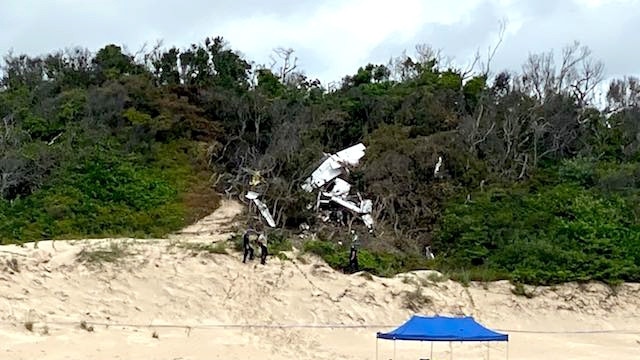
Ms Wilson told the court that pilot Stuart Weavell in a Cessna 404 was carrying four QBuild workers to the area for the day to carry out work at a school early in the morning on March 11 when he encountered heavy rain and low visibility on approach into the Lockhart River aerodrome.
Mr Weavell missed the first approach and then descended below the minimum descent altitude in approaching the second, and hit sand dunes six kilometres south of Lockhart River.
The crash killed the five men, all from Cairns, and they were memorialised in the coroner’s report.
Wayne Ganter, 63, was remembered for his “love of family, determination, and his ability to inspire those around him to be the best he can be”.
Henry Roebig, 62, who was just about to celebrate his 35th wedding anniversary for his “love of family, sense of humor, and love of outdoors”.
Mark Rawlings, 49, was “remembered for his loving help and support and for being the life of the party”.
Wayne Brischke, 57, who was the “rock of his family.”

Mr Weavell, 36, was known for “tenacity, courage and humility.”
Ms Wilson said: “One cannot look at the five grieving families and tell them all that could be done, was done”.
She read out testimony from Liz Thomas, the long-term partner of Mr Weavell, who is also a commercial pilot.
“He was too low to the ground and did not realise,” she explained.
“He had no visual scope guidance to show he was below profile. He had no aural alert to show him he was low. Each of these problems has a technological fix, can we not at least mandate one?
“I will continue to assert that we need modern equipment in these aircraft.”
Ms Wilson said she “unequivocally concurs with Ms Thomas.”
In her findings, Ms Wilson recommended that “CASA implement relevant regulations to mandate the fitment of TAWS for all smaller airplanes when they have an airplane carrying capacity of six or more.”
Cairns Post has previously reported of an estimated $30,000 one-off cost of installing a TAWS.
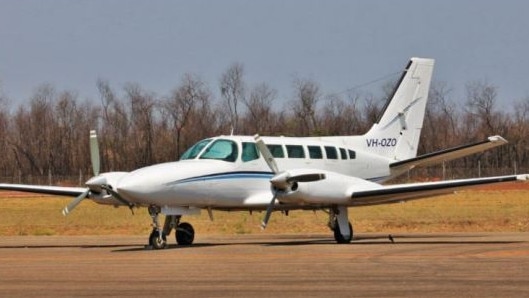
She told the court the change was “long overdue.”
“It may be 16 years overdue, in fact,” she said, referring to the 2005 crash where 15 people aboard a Metroliner aircraft traveling from Bamaga to Cairns were killed when it slammed into a mountain at Lockhart River.
The 2007 coronial inquest into that crash found it may also have been avoided if the flight had TAWS.
The court heard that the Australian National Safety Investigator and CASA had previously entered discussions about mandating the installation of TAWS.
CASA then entered into extensive consultation within the industry in the wake of the 2005 crash.
“But there was significant industry push back, based on a number of factors, but distilled down primarily due to cost,” Ms Wilson said.
“Industry pushback for what is primarily monetary reasons is not a reason for this nation’s aircraft safety regulator to not mandate TAWS.”
Ms Wilson found the crash was caused by pilot error, which also resulted from his heavy work schedule, resulting in fatigue and an outdated black-and-white weather radar that failed to distinguish between “a light shower and a dangerous storm”.
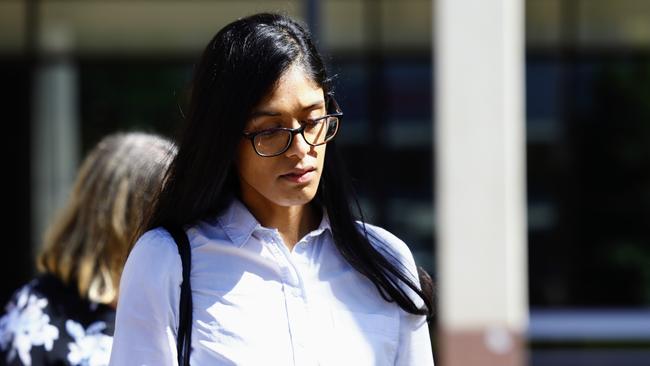
In her testimony, Ms Thomas said, “I and those affected by the accident have endured three and a half years of grief and the immense pain of the inquest. The absence we feel will never ease. It will be of further cruelty for no real change to come of this. We are so far from best practice in civil aviation safety in Australia.”
A CASA spokesman told the Cairns Post “Currently, only aeroplanes conducting passenger transport operations under the instrument flight rules with a maximum take-off weight of more than 15,000kg or carrying more than 10 passengers are required to be fitted with TAWS”.
He said from 2 December 2023, “certain additional aircraft conducting passenger and medical transport operations will also be required to fit TAWS” but this will only impact flights with 10 passengers or more.
More Coverage
Originally published as ‘Cruelty’: Coroner blasts air safety regulator over Lockhart River crash that killed five



